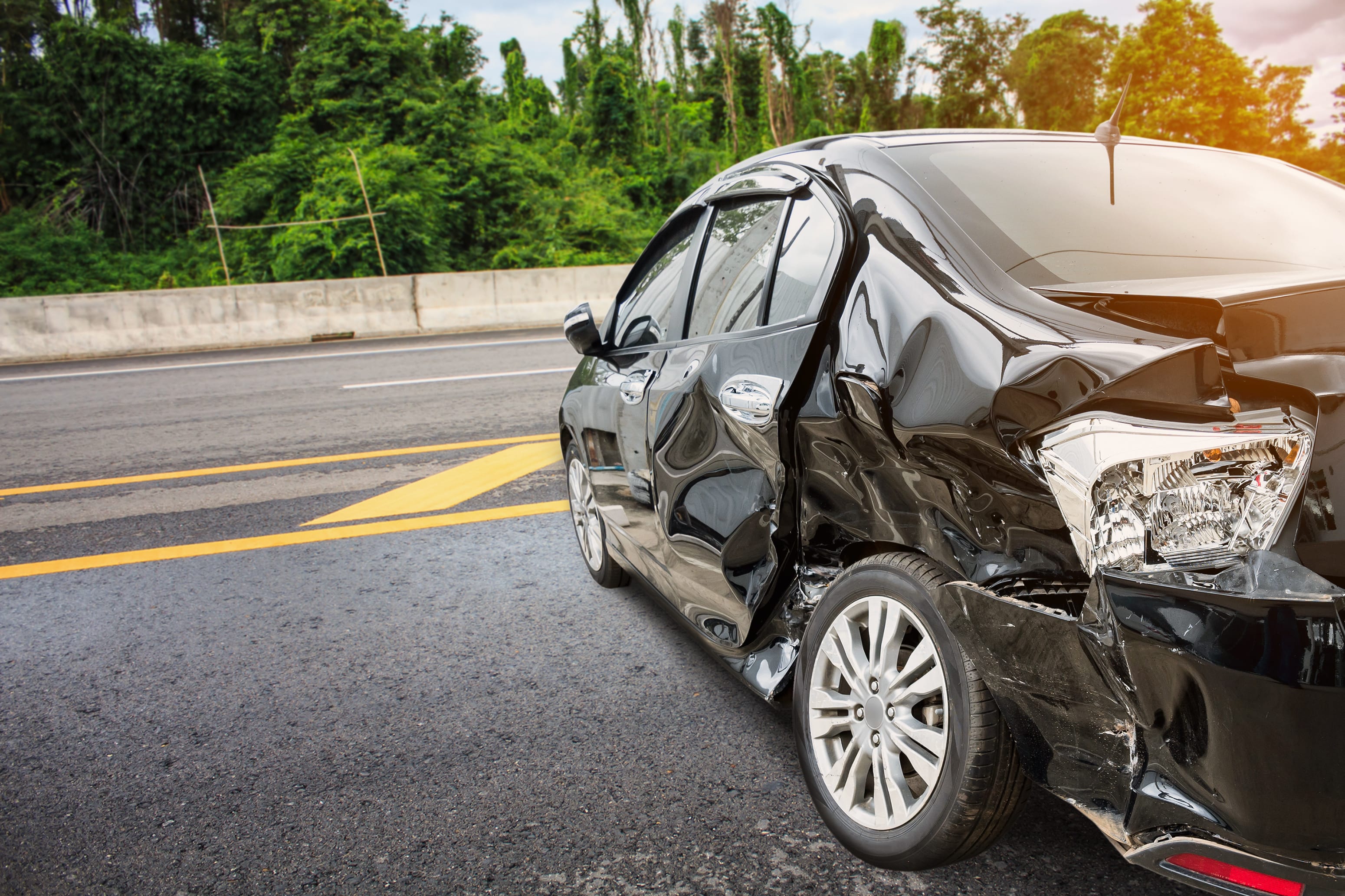
Insurance 101: When is a Car Considered Totaled? What Does It Mean?
Whether you’ve been in a serious accident or your vehicle was caught under bad circumstances – sometimes it may be considered totaled (or, in insurance terms, a total loss) by your insurance company. But what exactly does “total loss” mean?
Calculating a Total Loss
A car is generally considered a total loss when the cost to repair it exceeds the value of the car. Different states have laws that define a total loss vehicle by specific thresholds. In Wisconsin, for instance, a car may be considered a total loss if the damage is greater than 70% of its value. As an example, if an auto is worth $10,000 and the repair estimate is $7,000 the auto would likely be considered a total loss.
If there is no law in place, your insurance company will likely determine whether an auto is considered a total loss. Claims adjusters use these three factors to determine if your auto is a total loss or if it can be repaired:
Actual Cash Value (ACV)
The ACV of your auto is how much your vehicle is worth after factoring in depreciation. Carfax data shows that on average, vehicles depreciate more than 20% the first year and approximately 10% each additional year for the next five years.
At Rockford Mutual, a claims adjuster will research the make, model and year of your vehicle using an industry-leading vendor database. The database calculates an accurate estimate of your auto’s market value based on its mileage, condition, options and other comparable factors.
Salvage Value
The salvage value is the resale value of the damaged vehicle, in its current condition today, at open auction. This is the amount an insurance company would expect to receive when they sell the total loss vehicle.
Cost of Repair
The cost of repairs is determined by the inspection of the damaged vehicle. Your insurance company will work with repair shops to identify any additional damage that may be hidden.
If the repair estimate is higher than the Actual Cash value of the vehicle, less the salvage, the insurance company would consider the vehicle to be a total loss. Here is an example. Repairs are $7,250.00. The Actual Cash value is $10,000.00, and the Salvage value is $3,000.00. In this scenario, the threshold for total loss would be $7,000.00. We would determine this vehicle to be a total loss because the repairs are $250.00 higher than the total loss threshold.
Does My Insurance Cover a Total Loss?
Your standard auto liability policy doesn’t provide coverage for a total loss. Typically, collision and comprehensive coverage need to be present on your policy declarations to provide protection up to the ACV if your vehicle is declared a total loss. These are both optional auto coverages. The only cost to you should be your selected deductible.
Collison coverage protects you if you hit another vehicle or overturn. Comprehensive protects against losses like fire, vandalism or hitting a deer. Most causes of loss fall under these types of coverages.
What if I Still Have A Loan on the Total Loss Vehicle?
If you're financing an auto that's been totaled, your insurance company will likely make the claim check payable to both you and your lender, which means you'll have to come to an agreement with your lender on how to release that money. Typically, the lender will be reimbursed first, with any remaining money being paid to you.
If you still owe your lender more for the auto than the insurance payment you receive, you will likely be responsible for paying the remaining balance on the car lease or loan. For example, suppose you owe $10,000 on your car loan, but your vehicle’s value has depreciated to $7,000 when it’s totaled. With collision coverage, your insurer would reimburse you for the $7,000, or, the ACV of your vehicle. That means you would owe the remaining $3,000 to your lender out-of-pocket.
Rockford Mutual offers auto loan lease coverage as an optional coverage that can be added to your policy for a small monthly premium. This coverage protects you from having to pay your lender out-of-pocket for a totaled vehicle.
*Eligible vehicles must carry both comprehensive and collision coverage and replacement must be made with a comparable model. The coverage is sold on a per vehicle basis, not per policy and contains the specific details of the coverages, terms, conditions and exclusions. Auto loan lease coverage applies to leased vehicles only. Coverage does not include items such as overdue payments and carry-over balances from previous leases/loans, etc. All insurance products are subject to terms, conditions and exclusions not described here. Ask your agent for details.
